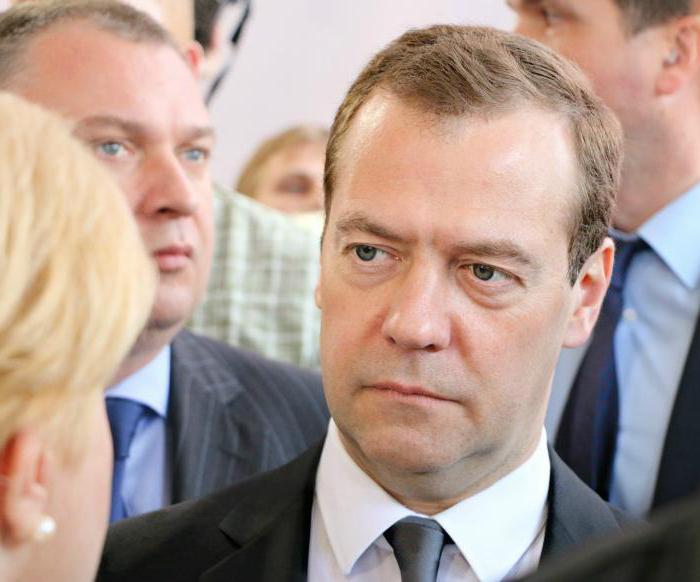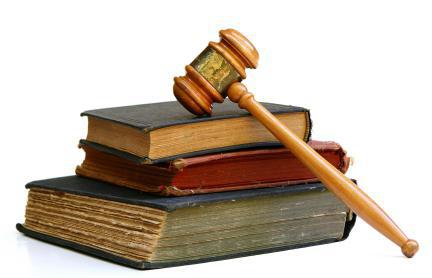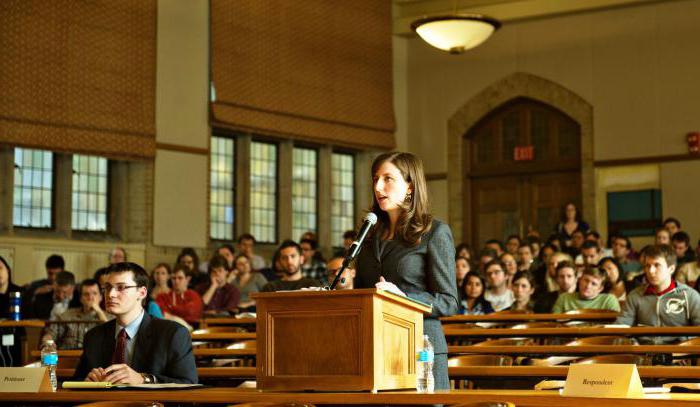Who passes laws in the Russian Federation and who has the right to recognize them as invalid
Studying Russian legislation, manycitizens are perplexed. Where does this number of all kinds of bills, acts and other documents regulating the lives of Russians come from? Who adopts laws in the Russian Federation? What is the basis for the decision on their adoption? Given that it is becoming increasingly worse to live under such laws in Russia, citizens are increasingly asking this question.
Who adopts federal laws in the Russian Federation?
Laws, including federal ones, can be adopted, in accordance with Articles 104-107 of the Constitution of the Russian Federation. The body that enacts laws in the Russian Federation is the State Duma.

Develop the law and submit it for considerationmay as deputies of the State Duma, as well as members of the Government or the President. Acceptance takes place by voting by deputies. If the majority votes for it, the law will be passed. The text is read from the rostrum, after that they proceed to the debate and, if there are no obstacles, vote. After that, within 5 days it is considered by the Federation Council. If it was approved by more than 50% of the votes of the Council, it is published and the law comes into force.
How long does it take?
On evaluation and adoption of the law by the Constitution of the Russian Federationset a period of 2 weeks. If the law for this time was not adopted, then it is removed from the agenda or passed to the State Duma for making changes. Anyone who passes laws in Russia knows that rejection of the bill by the Federation Council does not mean that it can not be accepted. It can be passed around the Council of the Federations, if during the second reading it will be adopted by two-thirds of the number of deputies attending the hearing. Accordingly, the deadline for the adoption of the federal law is from 6 to 14 days.

Role of the President
In what, in what, and the President can not be blamed forthe existence of bad laws. To assert that the President of the Russian Federation adopts laws - to show ignorance of the articles of the Constitution. He can draft his own bill and take the initiative to submit it for consideration and discussion in the State Duma. But to influence the adoption of this or that act, including its own - it does not have the right to do so.
In some cases, the President is entitled to the right"Veto", but he can use it only once. If in the second reading, in a second ballot for the bill, two thirds of the vote will vote - it will become legal. All laws, before being published, must be signed by the President, regardless of whether he considers the adoption to be correct or not.
Not the President of the Russian Federation adopts federal laws, butThe State Duma. However, he can initiate the creation and adoption of a bill on the introduction or cancellation of taxes, changing the financial obligations of the state. That is, laws related to the budgetary distribution system. They can be submitted for discussion by the Duma only after the approval of the Government.

Role of the Government
A simple philistine thinks that the Government of the Russian Federationtakes laws, and again makes mistakes. The government, according to the same Constitution, does not engage in this type of activity. It refers to the executive authorities and deals with issues related to execution, rather than the adoption of laws in the Russian Federation. In the sphere of activity of the Government there are also spheres of development of culture, science, business, public health and law and order. It monitors how local authorities comply with Russian law and do not violate the rights of citizens.
How does the law become legal?
After the law is approved by the Council orit will be passed unanimously by the deputies of the State Duma, it is not yet gaining legal force. In order for it to enter into force, it must be published in the mass media (channels of the Central Television, radio and Russian newspaper, Codes). Until then, the bill is considered void and can not be used.

Sometimes in a situation where the developed and acceptedthe law can not be used immediately because of insurmountable circumstances, the date of its entry into legal force may be postponed for several years. It is also to be published. It will come into force from the date specified in it. Those who pass laws in the Russian Federation do this to ensure that citizens are able to familiarize themselves in advance with the fact that by a certain moment the law will act.
In which cases is the law declared invalid
The decision on invalidity of the adopted law is made by the Constitutional Court of the Russian Federation. After making a decision, it loses its force, and other acts are applied instead.
The reason for recognizing it as invalid may bebe a contradiction to its already adopted federal laws and acts. Such a need may arise if it turns out that a similar bill has already been adopted. Anyone who passes laws in the Russian Federation does not always know that they already exist and either do not work or do not apply.

A trial is usuallythe statement of deputies, members of the Council, prosecutors, judges, lawyers. After the appropriate decision is made, information on the invalidation of the law must be published. Only then will this decision be considered effective.
In the text of the law, a time limit can also be prescribed, induring which it is valid and after which its action is canceled. The one who passes laws in the Russian Federation does this in cases when the bill was adopted in a certain period for certain purposes. For example, during the preparation for the Olympic Games in Sochi in 2014 laws were adopted in the field of civil, land and tax legislation, the effect of which ceased with their end.
</ p>>


